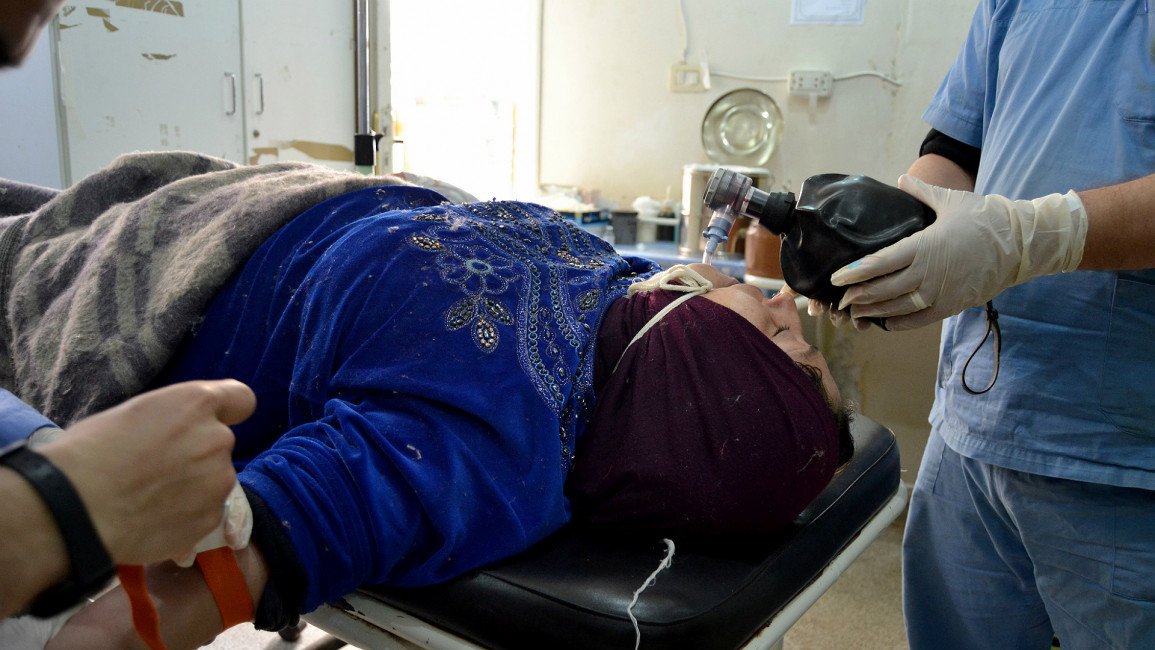Russia defends Syria strike claiming target was 'terrorist warehouse'
Russia defended its ally Damascus on Wednesday in the face of an international outcry over a chemical attack that killed scores of civilians in the rebel-held town of Khan Sheikhun, saying a Syrian airstrike hit a "terrorist warehouse".
"According to the objective data of the Russian airspace control, Syrian aviation struck a large terrorist warehouse near Khan Sheikhun," the Russian defence ministry said in a statement.
It housed "a warehouse making bombs, with toxic substances", said the ministry, without stating if the strike was voluntary or deliberate.
The alleged arsenal of chemical weapons was destined for Iraq, the ministry added.
The statement did not specify whether the Syrian regime knew there were chemical weapons there and pointed the finger at "terrorists" who they say hold the toxic arms.
At least 72 civilians including 20 children died in the attack on Tuesday in the Idlib province.
The Syrian Observatory for Human Rights monitoring group said the attack also left dozens suffering respiratory problems and symptoms including vomiting, fainting and foaming at the mouth.
Hours after the initial attack, airstrikes also hit a hospital in the town where doctors were treating victims bringing down rubble on top of medics as they worked.
Syria's opposition blamed President Bashar al-Assad's forces, saying the attack cast doubt on the future of peace talks.
The deadly toxic gas attack on Khan Sheikhun is the latest in a string of chemical attacks since the Syrian conflict began in March 2011.
The incident brought swift international condemnation, with the United States, France and Britain presenting a draft resolution to the UN Security Council demanding a full investigation.
Agencies contributed to this report



